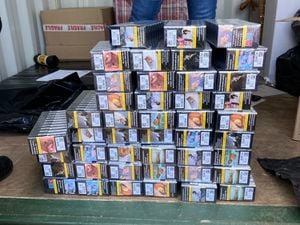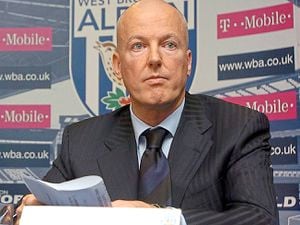What is coding, and why should I care?
Coding is a hot topic right now. Constantly, we hear of new initiatives to get kids coding and in fact coding has just been added to the national curriculum. But what exactly is 'coding'? Why does the government feel that this is something our kids need to learn, and why are so many advocates working so hard to make sure they have every opportunity to do so?

Quite simply, the world runs on code. Every time you switch on a PC, a mobile phone, a calculator, even a microwave, code is being run. Code is the list of instructions given to any computer in order for it to perform the desired actions.
Without programmers, computers would be incapable of even the most basic tasks. Without somebody writing that code, that set of instructions, the computer would simply sit there doing nothing, incapable of thought, incapable of decision making, incapable of providing you with a convenient way of chatting to distant friends. Computers are dumb, but they're excellent at following instructions.
We live in a world that is becoming more reliant on technology every single day. Your bank transactions all exist on powerful servers (specialised computers designed to reliably provide a service to other computers), businesses rely on email to quickly and cheaply communicate, most of us now have smartphones providing us not only with the ability to contact each other, but to check the weather, find a decent restaurant and even as satelite navigation in our cars. Just take a moment to think about how many conveniences owning a computer or a smartphone offers you today; can you imagine life without them now?
This is why coding is important. We need coders to keep on telling computers how to perform these ever more complex and useful tasks for us, and as our reliance on computers grows, our understanding of how they work must grow too.
I often hear comments from parents such as "little Johnny is excellent with computers, he can do anything!" Upon scrutiny, it often quickly becomes apparent that although little Johnny is indeed confident when finding some information online or typing up a document in a word processing package, he looks totally dumb-founded when faced with code, and that's a real shame. Code isn't scary and neither is it some incredibly complex art that kids should feel is beyond their reach. With a little time and the right guidance, I genuinely believe that any child can code and I certainly think that every single one of them should try. There has never been a better time than right now.
In recent years, organisations such as Young Rewired State, Coder Dojo, and Code Club have been working tirelessly to promote and encourage young people to get in to code through a range of clubs and events all over the country. The BBC are also helping to encourage this new-wave of coders, in fact I volunteer at BBC Birmingham where we are running a monthly code club for under-18s.
Each of these clubs provide a fun, safe and free environment where young people can learn how to code, improve their existing coding skills, and socialise with other like minded people. The tired stereotype of the teenage lad typing away at his computer alone in his bedroom is well and truly dead; there are now hundreds of young people of all ages, both male and female, heading out to these fantastic clubs in ever increasing numbers.
If you're a young person who thinks coding is something they might enjoy or if you're a parent then please, go to the websites of the organisations above and find your local club or come along to BBC Birmingham on the last Saturday of any month - the next is on Saturday 27th September from 13:00 til 16:00 and it's completely free.
If you are planning on attending, please contact codingbrum@bbc.co.uk so that they can ensure there are enough chairs! Please note that anyone aged 13 or under will need to be accompanied by an adult.
Computers and technology aren't going anywhere, and now is the perfect time to put our young people right at the forefront of these new and exciting developments; let's encourage a nation of digital creators.





